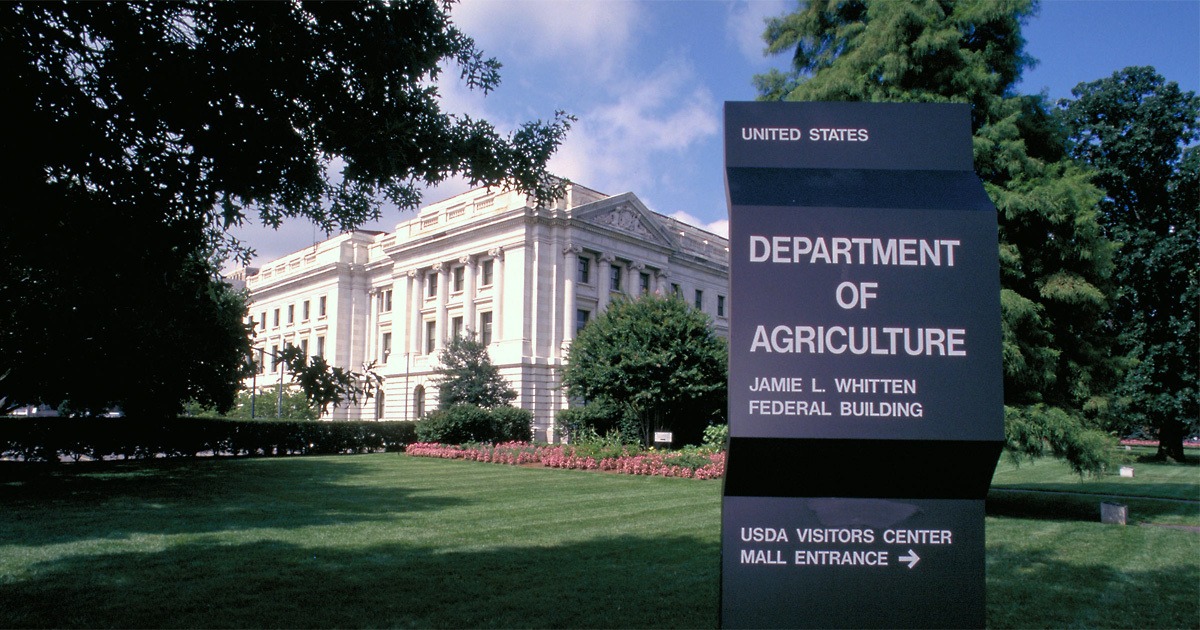U.S. farming groups are urging changes to tax credit rules to ensure domestic feedstock requirements and simpler compliance options.
Farmers Call for Change to Tax Credit Rules to Support Domestic Biofuel Production
Farmers in the United States could benefit greatly from tax credits for sustainable aviation fuel and clean fuel production but current rules might prevent many from accessing these benefits. The American Farm Bureau Federation, American Soybean Association, National Corn Growers Association, and National Farmers Union have raised concerns in a letter to Treasury Secretary Janet Yellen and U.S. Office of Management and Budget Director Shalanda Young. They stated that while the Clean Fuel Production Credit (45Z) could encourage biofuel production and reduce carbon emissions lack of a requirement for domestically grown feedstocks might allow foreign producers to benefit instead of American farmers, according to the report of AG Daily.
READ ALSO: 500,000+ Meals Served: Fort Smith Public Schools Embracing Meal Programs For Students

(photo: Illinois Sustainable Ag Partnership)
U.S. Farmers Warn of Unfair Competition Without Domestic Feedstock Requirement for Sustainable Aviation Fuel
The letter stressed the important role of U.S. farmers in growing key crops like corn, soybeans, and other biomass needed for clean fuel production. The groups argued that without a rule ensuring these feedstocks are grown in the U.S., the policy would fail to support American agriculture and rural communities leading to unfair competition. They asked the administration to include a domestic feedstock requirement to make sure the 45Z tax credit truly helps American farmers and supports U.S. agriculture.
The organizations also highlighted major challenges with the sustainable aviation fuel (SAF) credit. The need for climate-smart farming practices and complicated reporting rules could keep many farmers from benefiting. Practices like no-till farming and cover cropping require large upfront costs making it hard for farmers to comply without more incentives. Additionally, the detailed reporting requirements might discourage even well-established farmers from participating. The groups called for simpler compliance options to make the SAF credit more accessible to farmers without overwhelming them with paperwork.

















































